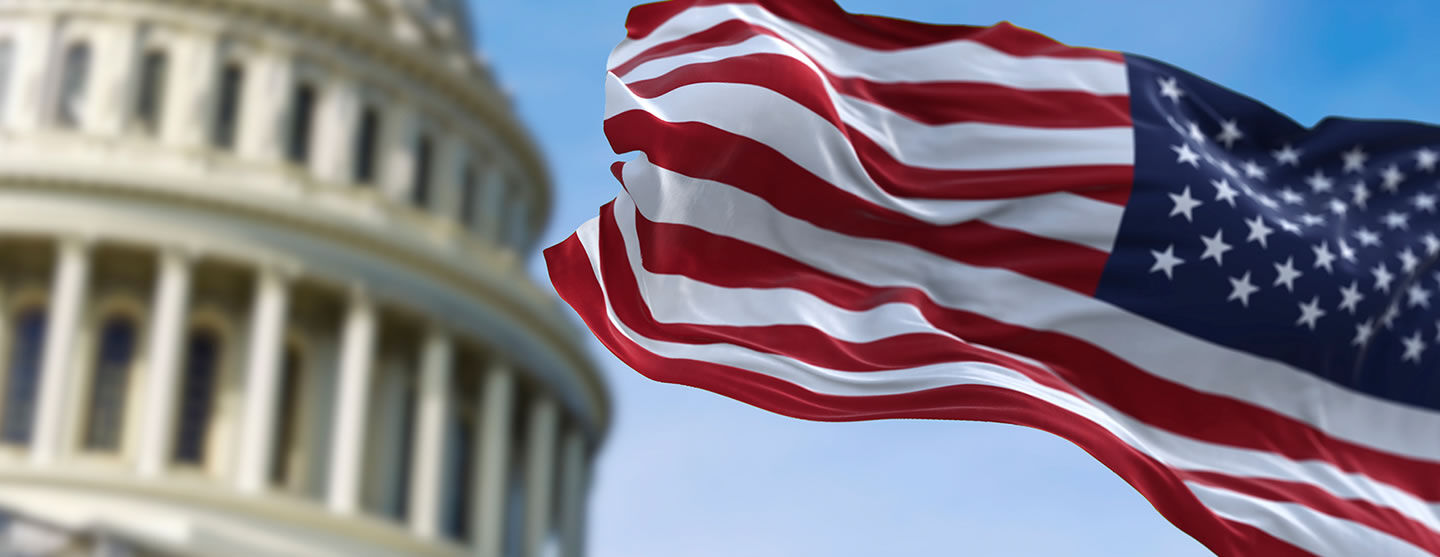Policy & Legislative Affairs

NASTAD’s Policy and Legislative Affairs program leads the implementation of NASTAD’s legislative and policy priorities on federal appropriations and legislation related to HIV and hepatitis prevention, care, and treatment issues. These priorities include communication and education activities with Congress, including key appropriators and authorizing committee staff, the White House, and key agencies on national public health policy. The Policy and Legislative Affairs team works with NASTAD’s various other program areas to ensure that up-to-date information is disseminated and used to educate stakeholders, including Members of Congress and the Administration.
Resources
Issues
Blog Posts
Events
Social Determinants of Health (SDOH) Legal Series - Youth and Adolescent
Webinar
Washington, D.C.
Social Determinants of Health (SDOH) Legal Series – Housing
Webinar
Washington, D.C.
Social Determinants of Health (SDOH) Legal Series – HIV Criminalization
Webinar
Washington, D.C.